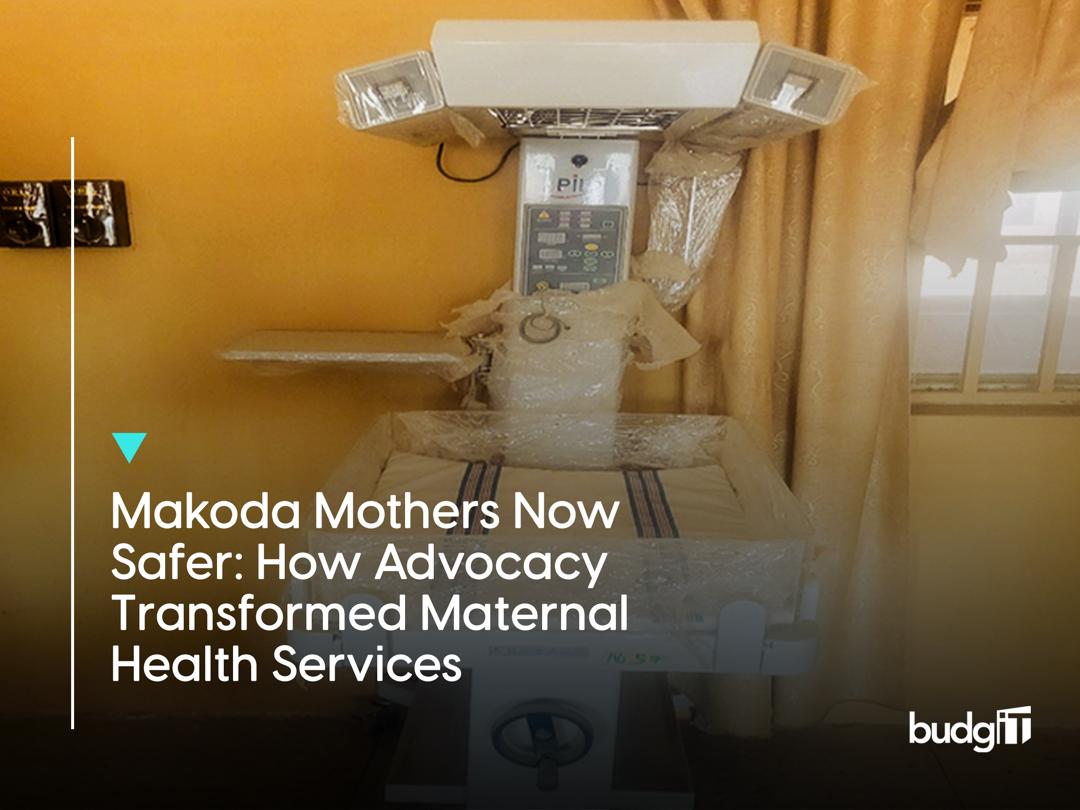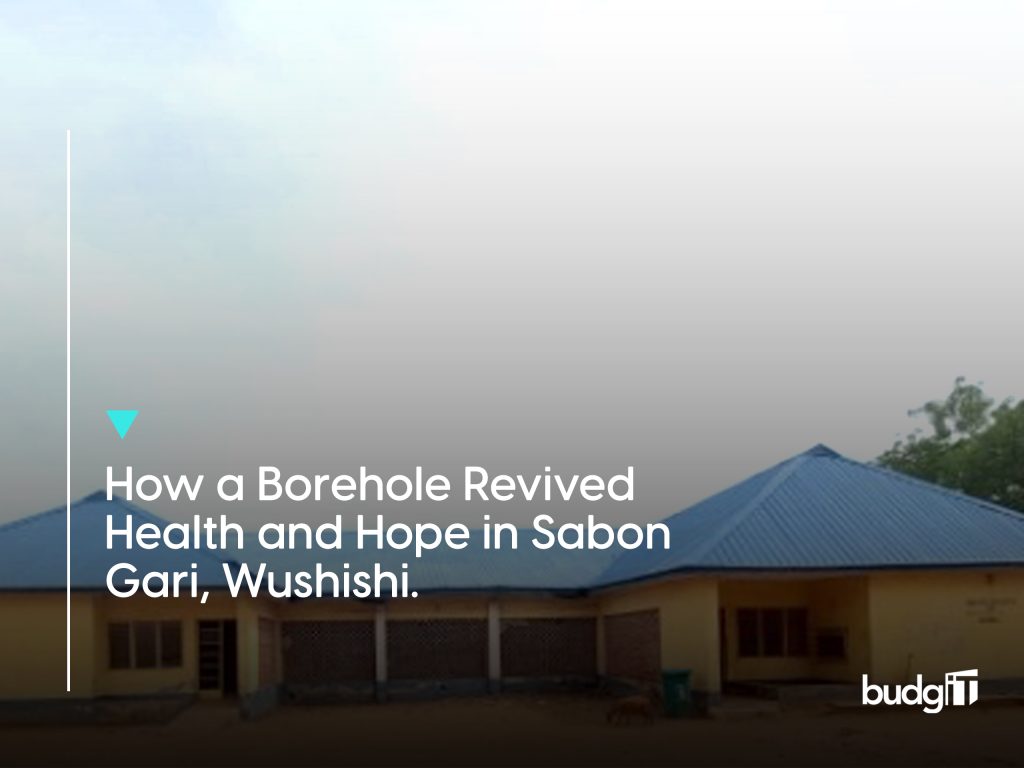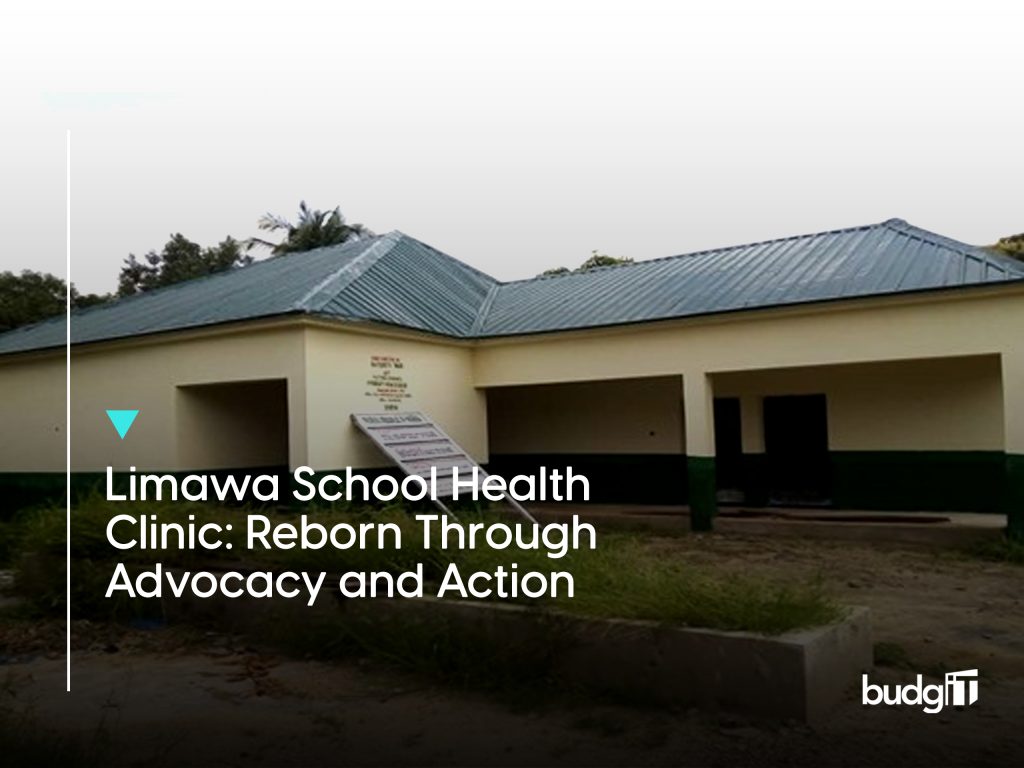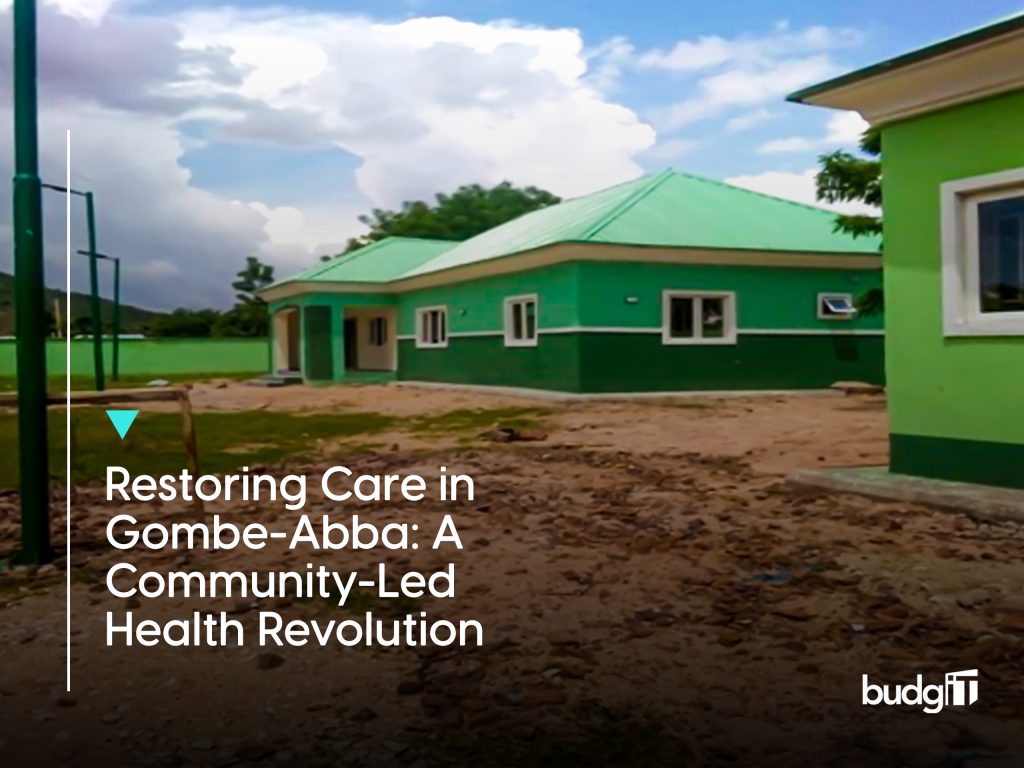Makoda is a community situated in the metropolitan area of the Makoda Local Government Area of Kano State, Nigeria. Known for its predominantly rural landscape and agricultural economy, the area’s history is closely tied to the broader history of Kano, a region with a rich Hausa and Fulani heritage.
Located in the Makoda community is a Primary Healthcare Centre (PHC), which provides various basic healthcare services to an average of 3,000–4,000 patients monthly. For four years, this Basic Healthcare Centre struggled to provide comprehensive maternal health services, as expectant mothers had to visit other health centres to access ultrasound scanning, a critical service for safe pregnancy monitoring. The consequences were dire: late detection of complications, increased maternal risks, and avoidable delays in referrals.
But change arrived after a wave of targeted advocacy efforts led by the Strengthening Community Engagement and Accountability Project (SCEAP) by BudgIT Foundation, the implementing community-based organisation (CBO), the Health Awareness Campaign Movement (HACM) and concerned stakeholders, including the ward development committees (WDCs), the facility manager, as well as the community head.
On May 10, 2024, the Health Awareness Campaign Movement (HACM) team held a stakeholder engagement meeting with Musa Bello, the Officer-in-Charge (OIC) of Makoda Basic Health Facility, to discuss the state of services in the facility. This meeting marked the beginning of a wave of change that the facility was about to undergo. During the meeting, Musa Bello, as part of his updates and challenges affecting service delivery, expressed his bitter concern about the absence of a scan machine to support the provision of ultrasound scan services to pregnant women accessing antenatal care at the PHC. Other critical gaps in the facility were revealed, including the pressing challenge affecting the antenatal care unit (ANC), which laid a foundation for strategic collaboration.
Several town hall meetings were held with community members and gatekeepers, also bringing together facility staff and key stakeholders to discuss concerns and explore ways to improve services, with a focus on the need for modernised equipment at the facility. Additionally, we coordinated advocacy visits to various stakeholders in the Makoda local government area to discuss improvements to facility services. We also wrote letters and conducted follow-up advocacy visits to the concerned stakeholders to ensure our requests were acknowledged and addressed.
At last, our SCEAP community mobilisation and advocacy efforts received attention. A brand-new scanning machine was purchased by a member of the Kano State House of Representatives and donated to the ANC unit of Makoda Primary Healthcare Centre (PHC) in response to the series of advocacy efforts conducted by HACM, CBO, representatives of Makoda Community Members and the facility management in September 2024. This highlights the impact of community voice in driving positive change.
The scanning machine has not only enhanced maternal care of the Makoda women—it has rebuilt trust in the public health system. The PHC has now become a preferred facility for antenatal services in Makoda and the surrounding communities. The Ward Development Committee (WDC) have also taken steps to ensure the proper handling and maintenance of the equipment.
“We do not refer pregnant women to other facilities for ultrasound scan services anymore; the staff now have confidence in the antenatal services delivered at the facility.” Musa Bello, Officer-in-Charge (OIC).
On July 25, 2025, a check-in phone call to Auwal Ibrahim, the Program Officer of HACM, confirmed that the scan machine is still available, functioning, and supporting the ANC unit at Makoda Primary Healthcare Centre.
‘’I am so happy and grateful that Makoda PHC now has a new ultrasound scan machine,’’ said Umaima Sani, a patient at Makoda PHC.
The story of Makoda is a true reflection of what happens when communities speak, and leaders listen. With one scan machine, maternal care has been transformed, and the lives of expectant mothers have changed for the better.



